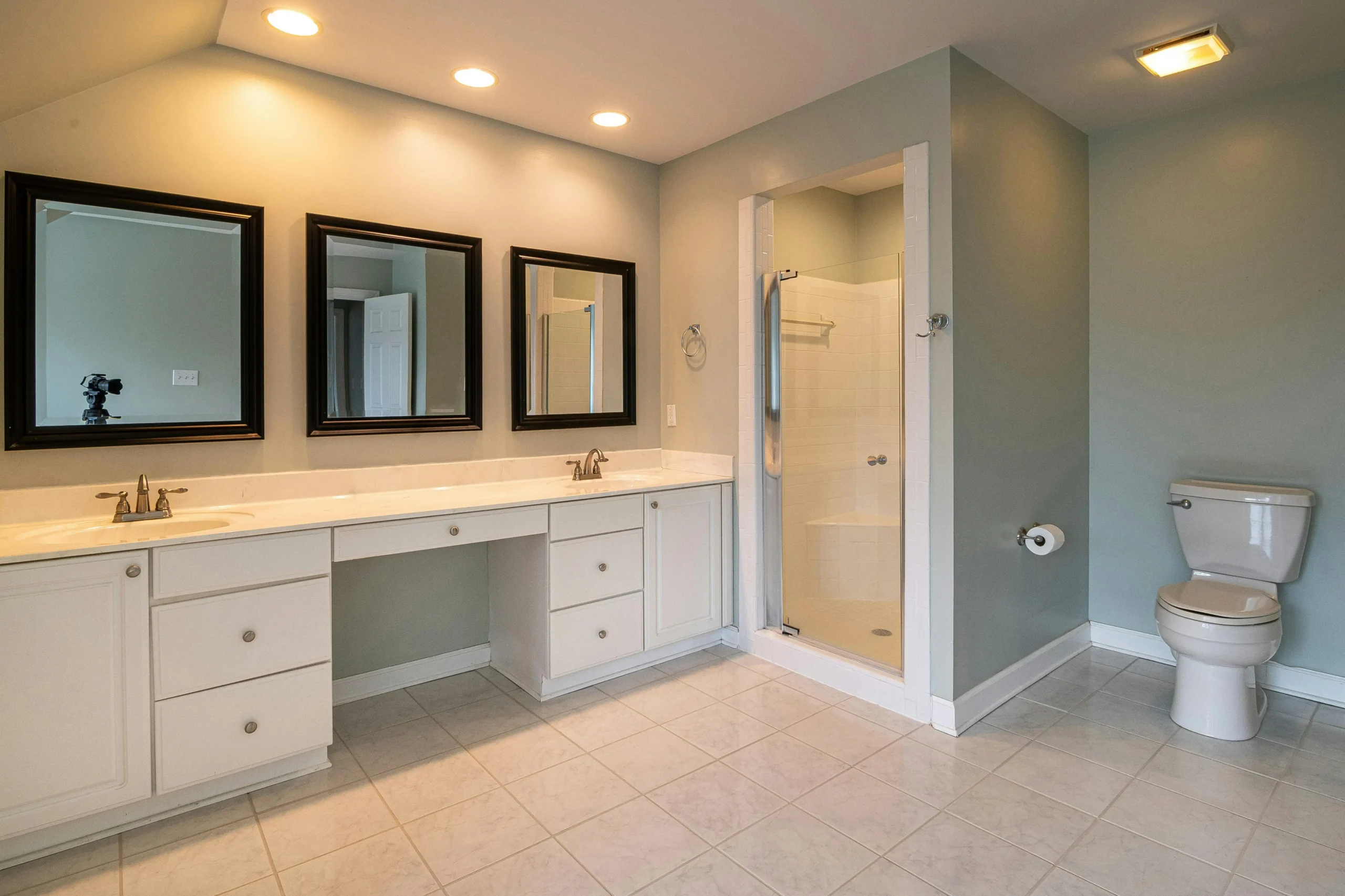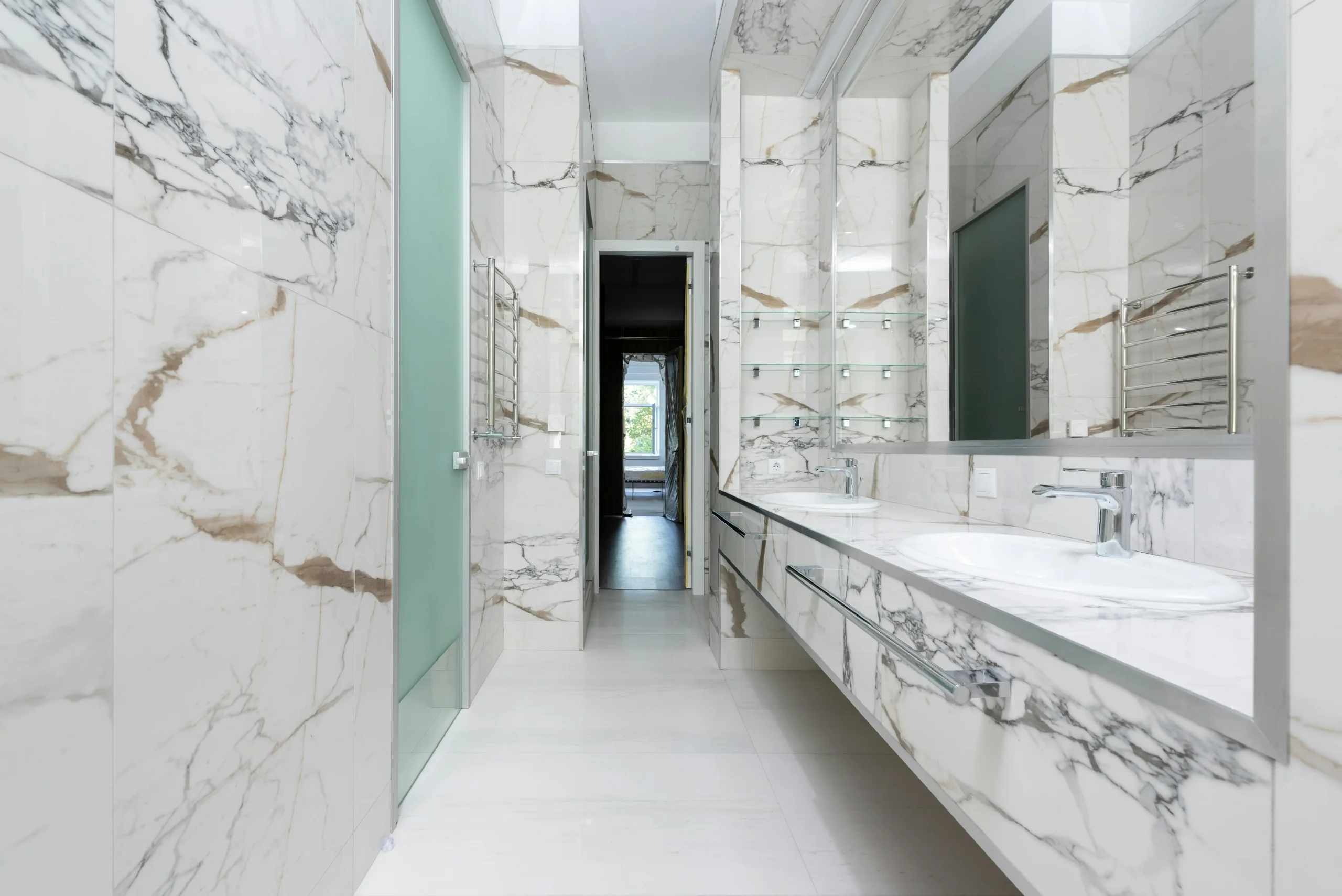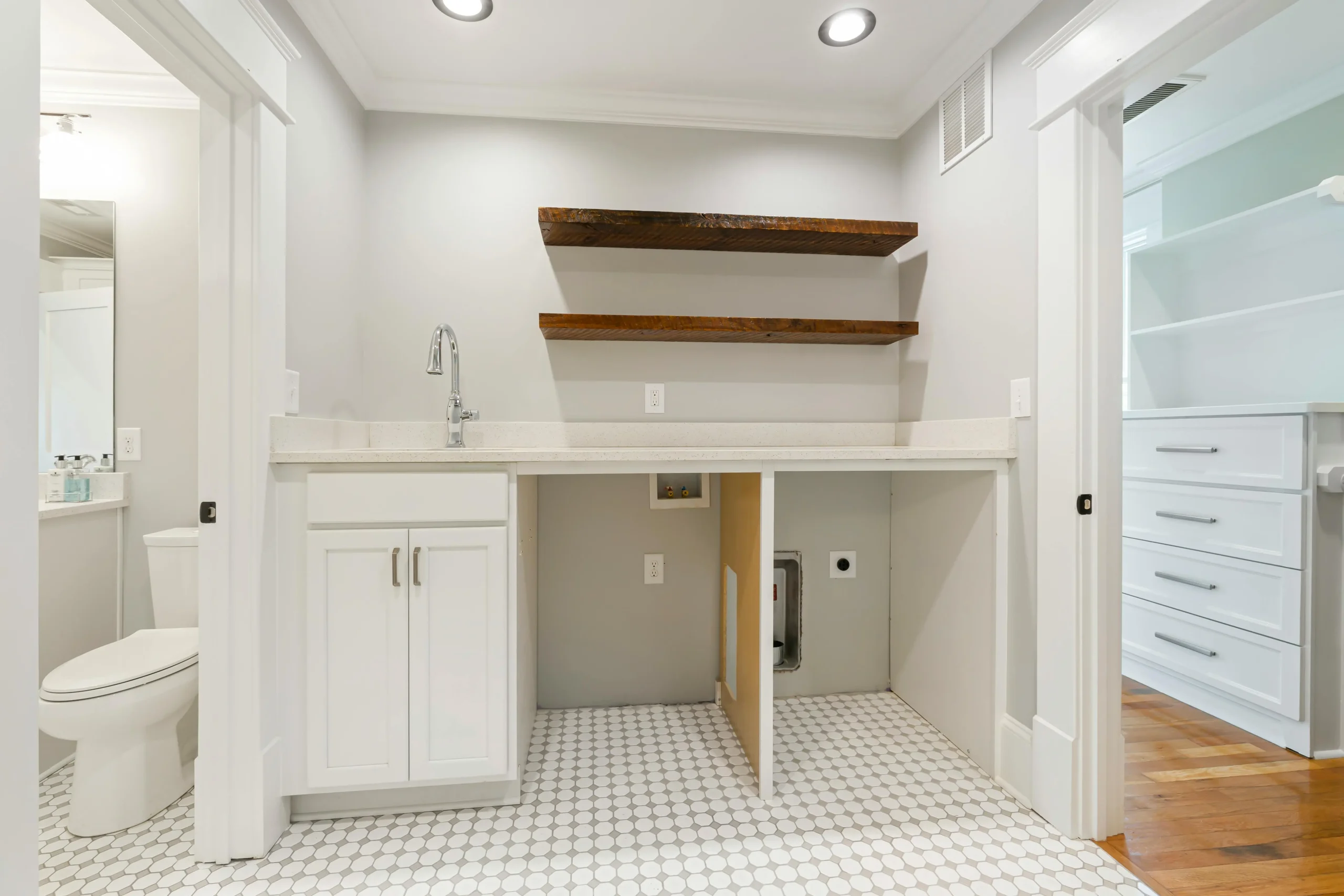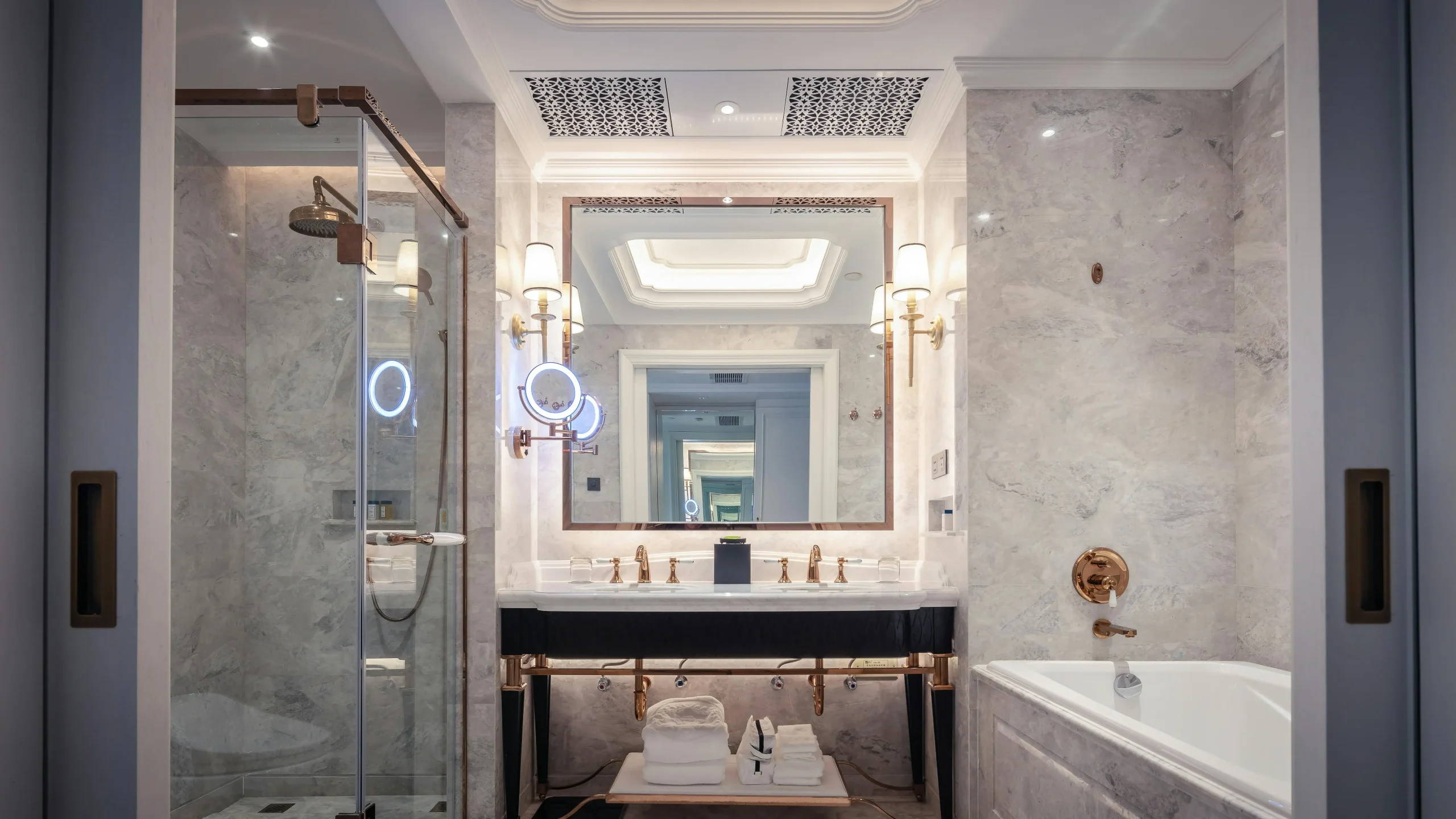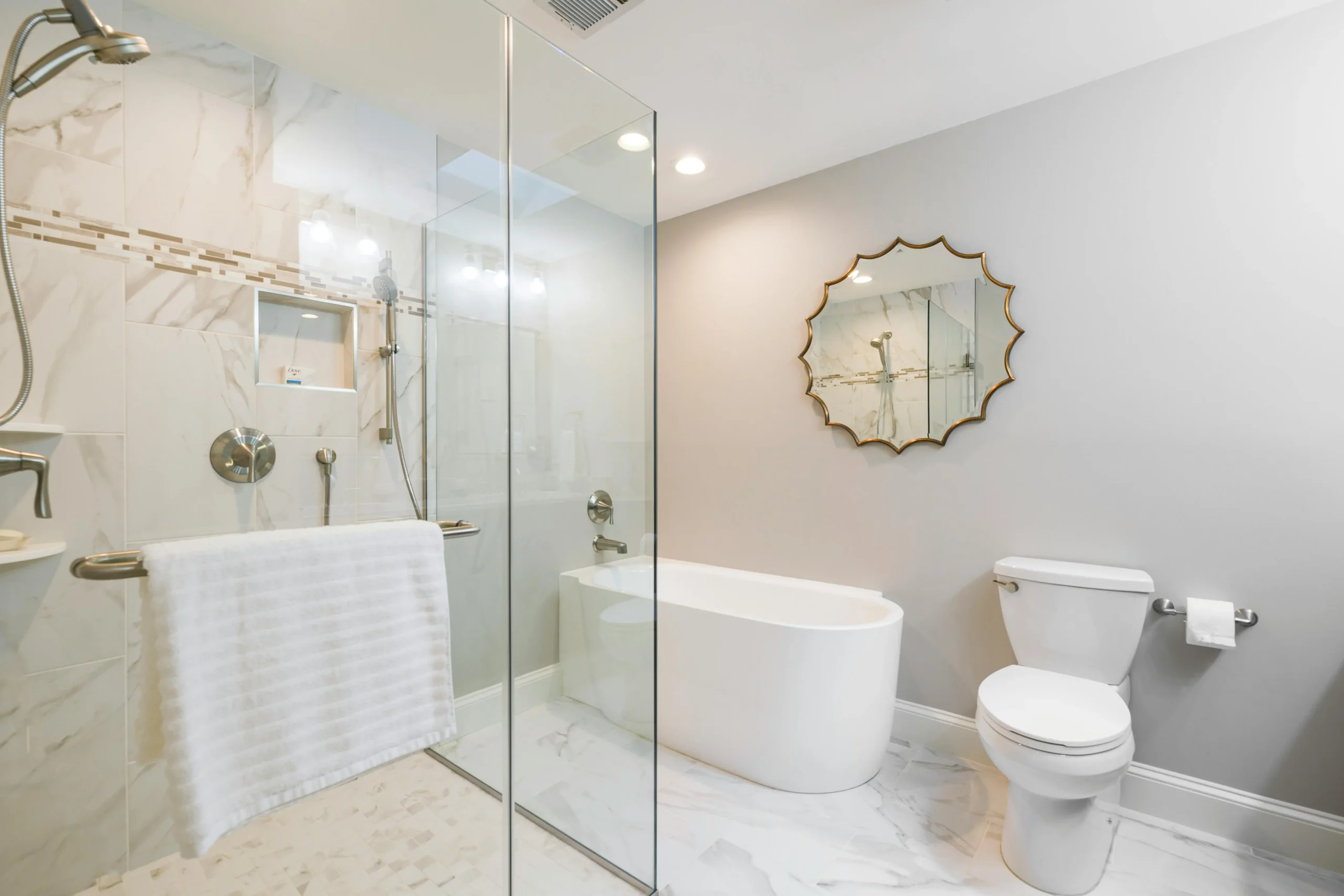Understanding Binghamton Kitchen Remodel Costs
When it comes to remodeling a kitchen in Binghamton, costs can vary significantly depending on the size of the kitchen, the scope of the project, and the materials you choose. A simple kitchen remodel, which might involve updating fixtures, replacing countertops, or installing new appliances, typically costs between $10,000 and $15,000. For more extensive remodels that include custom cabinetry, upgraded flooring, and reconfiguration of the layout, the costs can rise to $20,000 to $40,000 or higher. Luxury remodels featuring high-end materials such as marble countertops, custom cabinetry, and top-of-the-line appliances can easily surpass $50,000. Labor costs in Binghamton can make up about 30% to 35% of your overall budget, and the quality of materials you select will play a significant role in determining the final price. Understanding these factors and establishing a clear vision for your remodel can help you budget effectively and avoid overspending.
Setting a Realistic Renovation Budget
Setting a realistic budget for your kitchen remodel in Binghamton is crucial to ensuring the project stays on track. The first step is to determine the scope of your remodel. Are you looking for a simple refresh with new fixtures and paint, or do you plan to completely overhaul the space by moving walls, upgrading plumbing, and installing custom cabinetry? The more extensive the project, the higher the cost. A general guideline is to allocate 25-35% of your budget for cabinets, 10-20% for countertops, 15-20% for appliances, and the remaining for labor, materials, and miscellaneous expenses. Don’t forget to set aside a contingency fund of 10-15% of the total budget for any unexpected costs that arise, such as plumbing issues or hidden structural problems. Be sure to research local pricing for materials and labor, as costs can vary significantly in Binghamton. A well-thought-out budget will allow you to make smart choices and avoid compromising quality or design.
Plan Ahead to Save on Kitchen Renovation Costs
Planning ahead is one of the most effective ways to save money on your kitchen remodel in Binghamton. Start by defining your priorities—what are the essential features you need in your kitchen, and where can you afford to cut costs? For example, opting for pre-fabricated or semi-custom cabinetry instead of custom designs can save a significant amount of money. Similarly, choosing laminate or quartz countertops over high-end options like granite or marble can help lower costs without sacrificing style. Be strategic about appliance purchases—look for sales, or consider buying energy-efficient models, which can save on future energy costs. Another cost-saving strategy is to avoid last-minute changes to the design, as these can lead to delays and added expenses. Consider doing some of the work yourself, such as painting or installing a backsplash, to save on labor costs. Planning well in advance can help you make informed decisions, ensuring that your remodel fits within your budget without compromising on quality.
Hire a Kitchen Designer for Home Remodeling Success
Hiring a kitchen designer can significantly improve the outcome of your remodel and help ensure that the project goes smoothly. A professional designer has the experience and knowledge to maximize space, improve flow, and create a functional layout that suits your lifestyle. They can also help you select materials that fit within your budget while achieving the style you want, whether it’s modern, traditional, or transitional. While hiring a designer does come with an additional cost (typically ranging from $1,000 to $5,000), their expertise can save you money in the long run by preventing costly mistakes. A designer can also help you navigate through the many decisions you’ll face, such as choosing the right cabinetry, countertops, and finishes. Additionally, they can coordinate with contractors and vendors, ensuring that everything is installed correctly and on schedule. Ultimately, a kitchen designer’s input will help you create a space that is both beautiful and functional, making the investment well worth it.
Choosing the Right Cabinets for Your Kitchen Remodel
Cabinets are one of the most important elements of a kitchen remodel, both in terms of aesthetics and functionality. In Binghamton, you have several options when it comes to cabinetry, ranging from stock cabinets to custom designs. Stock cabinets are the most affordable option, with prices typically ranging from $3,000 to $8,000 for a basic kitchen. Semi-custom cabinets offer more flexibility in terms of size and style, and they usually cost between $8,000 and $15,000. Custom cabinetry, while more expensive, offers the most flexibility and can range from $15,000 to $30,000 or more, depending on the materials and design. When choosing cabinets, consider both quality and style. Solid wood is durable and timeless but can be costly, while alternatives like MDF (medium-density fiberboard) or plywood offer a more budget-friendly solution without sacrificing strength. Additionally, think about the functionality of the cabinets—features like pull-out drawers, lazy Susans, or built-in organizers can improve storage and accessibility, making your kitchen more efficient and user-friendly.
Pick Quality Countertops That Suit Your Budget
Countertops are one of the most visible and heavily used surfaces in the kitchen, so selecting the right material is essential to both the look and functionality of your space. In Binghamton, popular countertop materials include laminate, quartz, granite, and marble. Laminate is the most affordable option, typically costing $1,000 to $2,500 for installation, and it comes in a variety of colors and designs. Quartz and granite countertops are more expensive, ranging from $3,000 to $7,000, but they offer greater durability and a premium aesthetic. Marble countertops are luxurious but costly, ranging from $5,000 to $10,000 or more. For a balance of price and quality, quartz is an excellent choice, offering a sleek, modern look with durability and minimal maintenance. When choosing countertops, think about your cooking habits—granite and quartz are heat and stain-resistant, while marble may require more maintenance but provides a timeless, elegant look. Choosing the right countertop material that suits your budget and lifestyle will help elevate your kitchen’s design.
What Does a Kitchen Remodel Cost Include?
A kitchen remodel includes a variety of costs, both direct and indirect, that contribute to the total price of the project. The primary components of a kitchen remodel in Binghamton include:
- Labor Costs: Typically accounting for 30-35% of the overall budget, labor costs include the work done by contractors, plumbers, electricians, and installers.
- Materials: Materials account for about 40-50% of the remodel cost, including cabinets, countertops, flooring, backsplashes, and lighting fixtures.
- Appliances: Depending on the brand and model, new appliances can range from $2,000 to $8,000 or more, and they should be factored into your overall budget.
- Design Fees: If you hire a professional designer, their services may cost between $1,000 and $5,000, depending on the scope of the project.
- Permits: Permits for plumbing, electrical, or structural work may be required and can range from $100 to $1,000, depending on the extent of the remodel.
- Contingency Fund: It’s recommended to set aside 10-15% of your total budget to cover unforeseen issues, such as hidden damage or the need for additional work.
Understanding the different cost components will help you budget effectively and prevent any surprises during the remodel process.
Difference Between Midrange and Upscale Kitchen Renovations
The difference between midrange and upscale kitchen renovations primarily lies in the materials, finishes, and overall scope of the project. A midrange remodel typically involves semi-custom cabinetry, granite or quartz countertops, and standard appliances. The focus is on making significant improvements while maintaining a reasonable budget. Midrange renovations typically cost between $15,000 and $30,000 and are ideal for homeowners looking to improve both the functionality and appearance of their kitchen without going overboard. An upscale remodel, on the other hand, features custom cabinetry, high-end countertops (like marble), designer appliances, and luxury finishes. This type of remodel may involve extensive layout changes, such as removing walls, adding islands, or upgrading plumbing and electrical systems. Upscale renovations can cost $30,000 to $60,000 or more, and they deliver a more luxurious, personalized space. The choice between midrange and upscale remodels depends on your budget, lifestyle, and long-term goals for the space.
Boosting Your Kitchen Remodel with Sweeten Innovations
Sweeten innovations refer to the latest in kitchen design trends and technologies that enhance both the functionality and sustainability of your remodel. These innovations include smart appliances, energy-efficient lighting, and eco-friendly materials that reduce the environmental impact. For example, energy-efficient dishwashers, refrigerators, and ovens can help reduce your home’s energy consumption, while touchless faucets and smart lighting systems add convenience and modernity to your space. Additionally, incorporating sustainable materials such as bamboo flooring, recycled glass countertops, or low-VOC paints can make your kitchen both beautiful and environmentally responsible. By incorporating Sweeten innovations, you can create a kitchen that is as advanced in technology as it is in style, providing both convenience and energy savings in the long term.
Picking the Right Contractor for Binghamton Remodeling Projects
Choosing the right contractor for your kitchen remodel is one of the most important decisions you’ll make. In Binghamton, look for a licensed and insured contractor with experience in kitchen remodeling. Ask for referrals and check online reviews to ensure their reliability and quality of work. The contractor should provide a detailed written estimate that includes all costs for labor, materials, and any permits required. Be sure to discuss the timeline and ensure they have a track record of completing projects on schedule. It’s also essential to ensure that the contractor communicates clearly and is responsive to your questions and concerns. Don’t hesitate to get multiple quotes to ensure you’re getting the best deal and the right team for the job.
Frequently Asked Questions
How much does it cost to remodel a kitchen in Binghamton?
The cost to remodel a kitchen in Binghamton typically ranges from $18,000 to $40,000, depending on the size of the kitchen, the scope of the project, and the materials selected. A smaller kitchen with minor updates—such as repainting cabinets, installing laminate countertops, and replacing outdated appliances—can be completed for around $18,000 to $22,000. A mid-range renovation, which includes new cabinets, quartz or granite countertops, tile backsplash, updated lighting, and standard appliance upgrades, usually falls between $25,000 and $35,000. For larger kitchens or projects that involve layout changes, high-end materials, or custom cabinetry, costs can exceed $40,000. Labor in Binghamton is moderately priced, which helps keep remodeling costs more affordable than in major metro areas. Keeping plumbing and electrical in place can significantly reduce expenses. Choosing quality materials that balance durability and cost is essential for long-term value. Planning ahead and working with local professionals ensures a smoother and more cost-effective remodel.
Is $10,000 enough for a kitchen remodel?
$10,000 is generally enough for a small kitchen remodel focused on cosmetic improvements rather than a full renovation. With this budget, homeowners can typically repaint or refinish existing cabinets, install new countertops in affordable materials like laminate or butcher block, and update cabinet hardware, lighting, and plumbing fixtures. A basic appliance replacement may also fit if costs are managed carefully. However, this budget does not typically support structural changes, layout reconfiguration, or high-end finishes. Labor costs will need to be minimized, which may involve DIY demolition or painting. Retaining the original layout is crucial to avoiding expensive plumbing and electrical work. Smart shopping for discounted materials and using prefabricated or stock components helps stretch the budget. While limited in scope, a $10,000 remodel can still improve the kitchen’s appearance and usability with the right planning and prioritization.
Is $30,000 enough for a kitchen remodel?
Yes, $30,000 is a sufficient budget for a mid-range kitchen remodel that balances quality and function. With this amount, homeowners can expect to install new semi-custom cabinetry, quartz or granite countertops, a tile backsplash, updated lighting, and energy-efficient appliances. Flooring upgrades using tile or luxury vinyl plank are also achievable within this budget. The $30,000 range allows for licensed contractors to handle the installation, plumbing updates, and minor layout improvements, as long as the existing kitchen footprint remains largely the same. While luxury brands or custom cabinetry may exceed this budget, it’s enough to deliver a stylish and functional kitchen with high-quality finishes. Proper planning, detailed estimates, and clear project goals help ensure the remodel stays on track financially. A 10–15% contingency fund should be included for unexpected costs. Overall, $30,000 offers strong value and noticeable transformation in most average-sized kitchens.
What is a reasonable budget for a kitchen remodel?
A reasonable budget for a kitchen remodel in Binghamton ranges from $20,000 to $50,000, based on kitchen size, project scope, and finish level. At the lower end, around $20,000 can cover essential upgrades such as refaced cabinets, new laminate counters, vinyl flooring, and standard appliances. A mid-range budget of $30,000 to $40,000 allows for more comprehensive updates, including new cabinetry, quartz countertops, upgraded lighting, and stainless steel appliances. Remodels exceeding $45,000 typically include custom cabinets, structural changes, premium materials, and layout reconfigurations. Labor generally accounts for 30–40% of the total cost, and keeping plumbing and electrical in place helps reduce those expenses. A 10–15% buffer should be included to account for unexpected issues such as water damage or code compliance. The most reasonable budget aligns with the homeowner’s renovation goals, the property’s value, and expected return on investment. Proper planning helps maximize functionality and design within any set budget.

